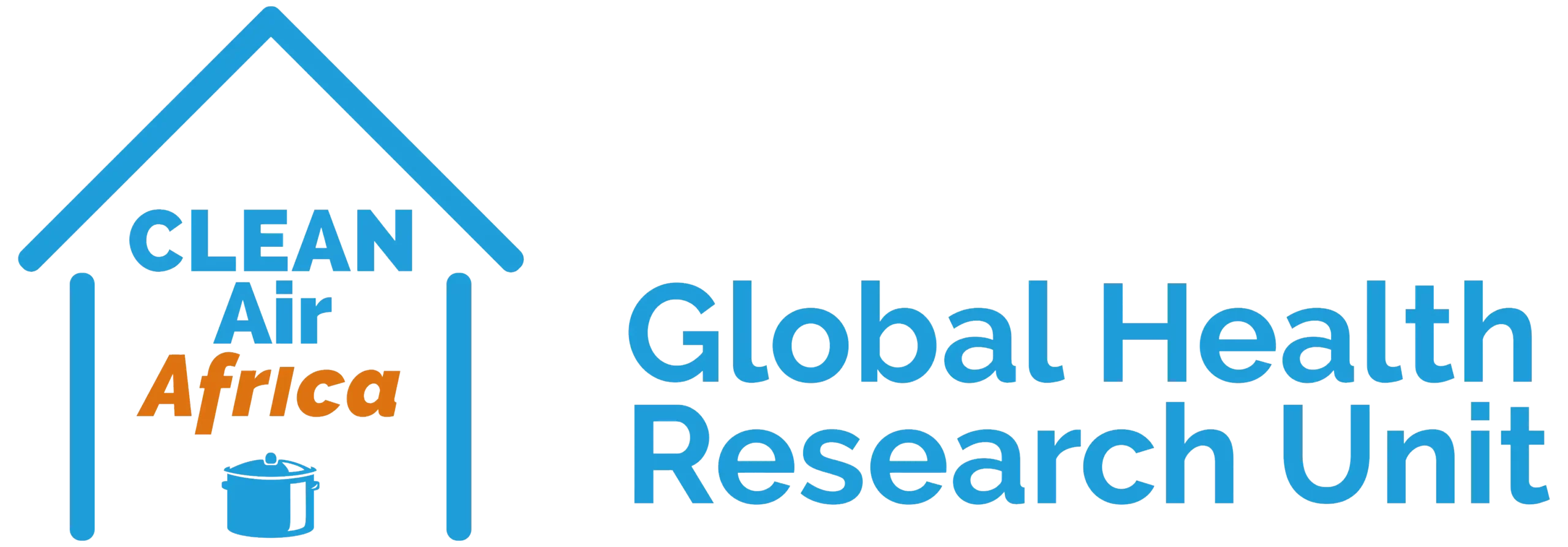Dr. Menya describes the utility of case-control studies for health research, particularly for rare outcomes like cancer, including their conduct and analysis.
She then describes how the design has been used to investigate a crucial public health issue in West Kenya, risk factors for Esophageal Squamous Cell Carcinoma for which the incidence is unexpectedly high in parts of West Kenya.
Dr. Menya presents key results from the ESCCAPE case-control studies and discusses how such results lead to hypothesis generation for further studies when searching for risk factors for cancers.
Indeed, it is in this way that Dr Menya’s team established the hypothesis that household air pollution could be a key risk factor for esophageal cancer in women, for which more traditional risk factors like alcohol consumption and smoking were less relevant.
The ESCCAPE studies were conducted in collaboration with the International Agency for Research on Cancer (IARC) which initially provided funding, later supplemented by an NIH grant.
CLEAN-Air(Africa) facilitated the collaboration between Moi University and the University of Liverpool to investigate the role of household air pollution and esophageal cancer through the HAP ESCCAPE study, with funding from the Kenyan National Research Fund and UK Medical Research Council – Newton fund.

